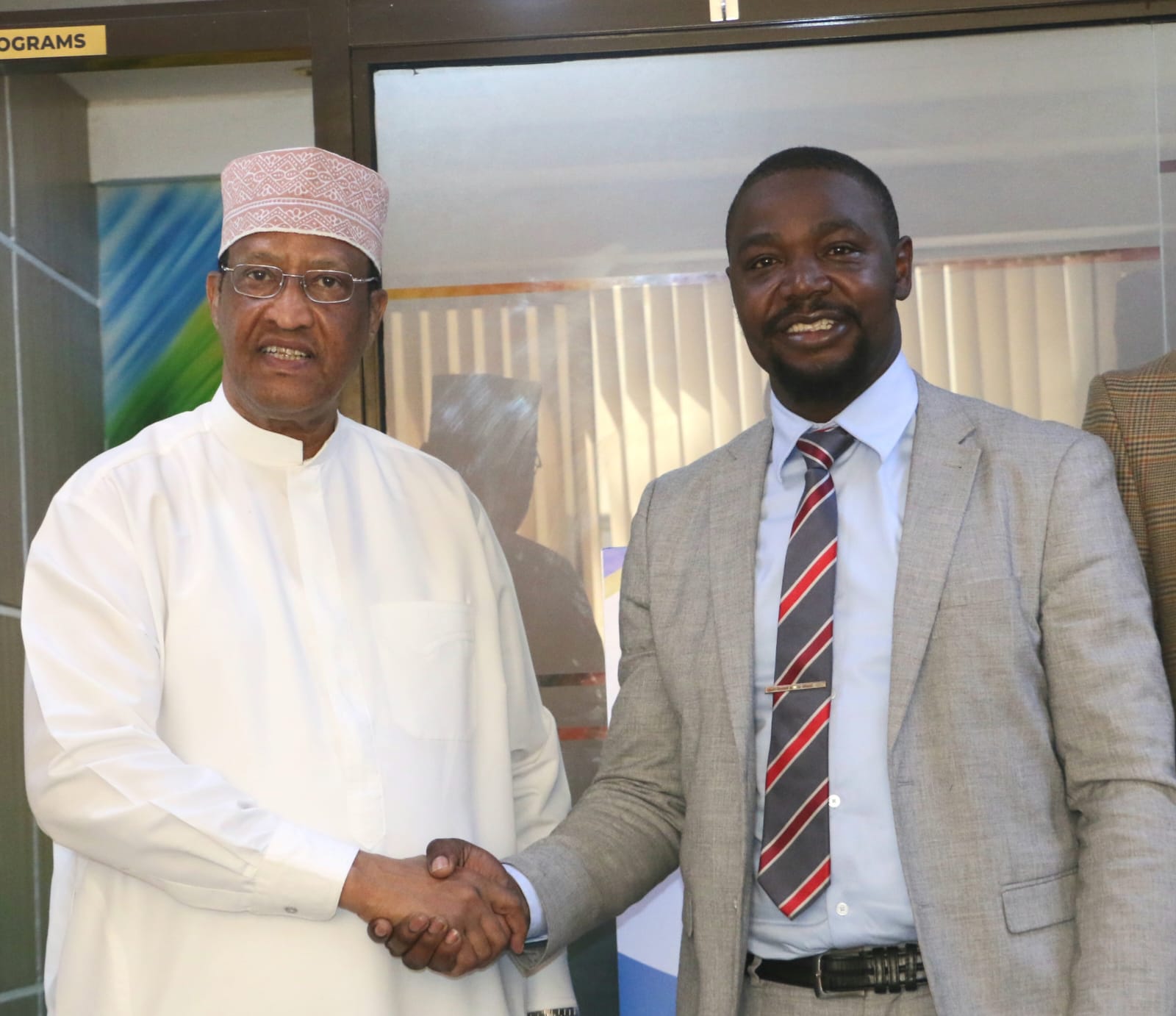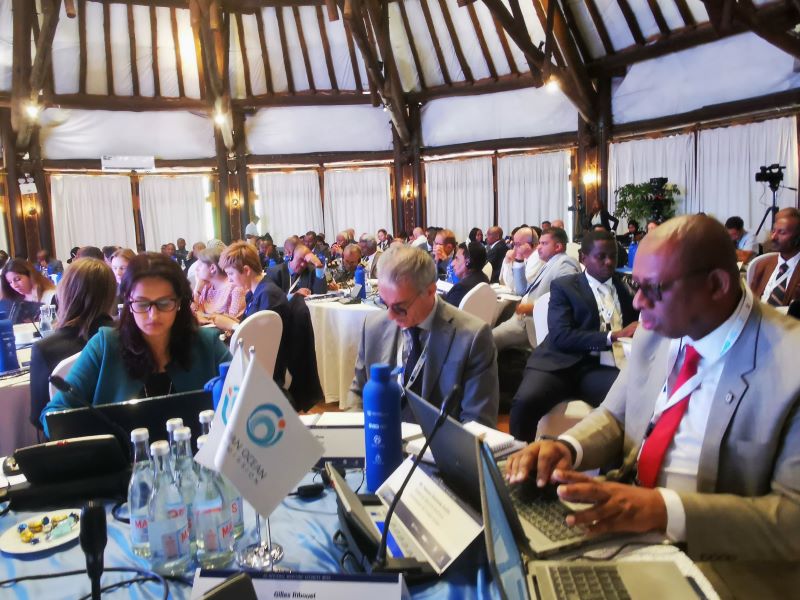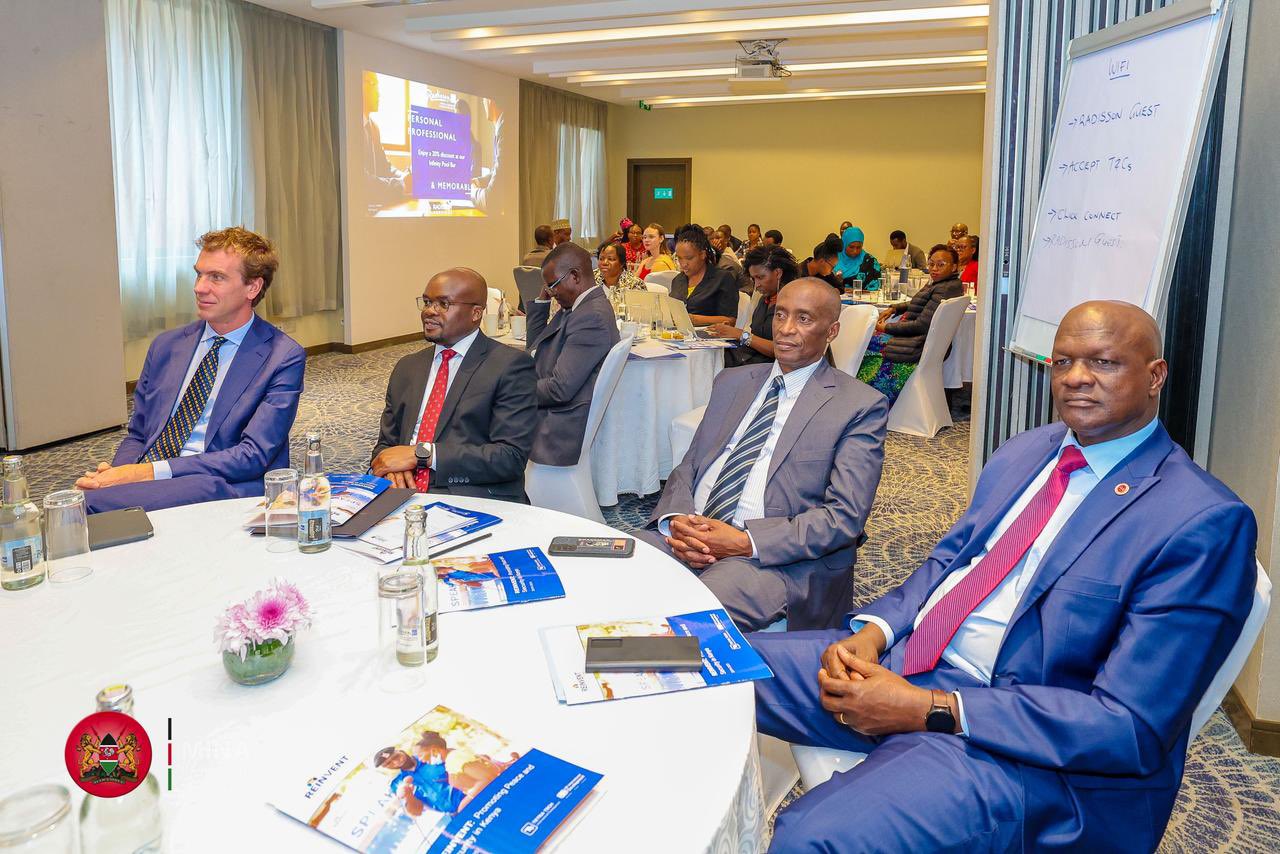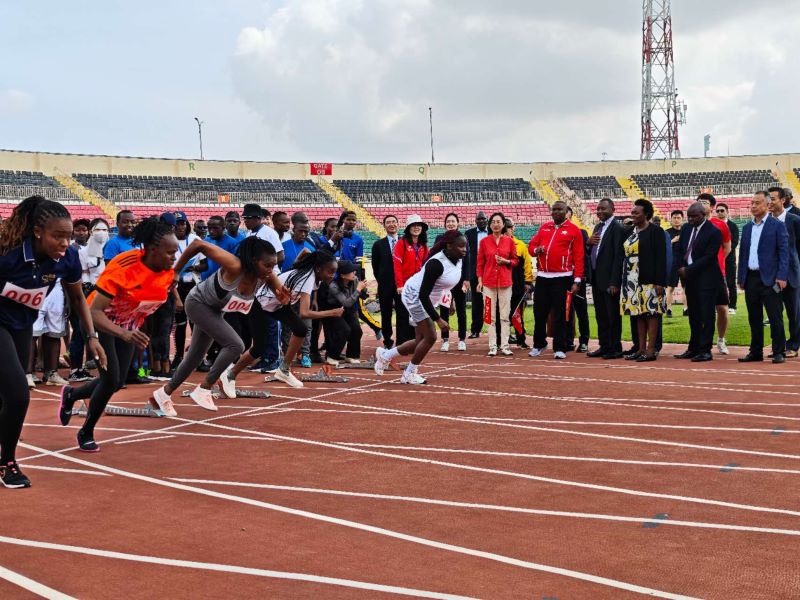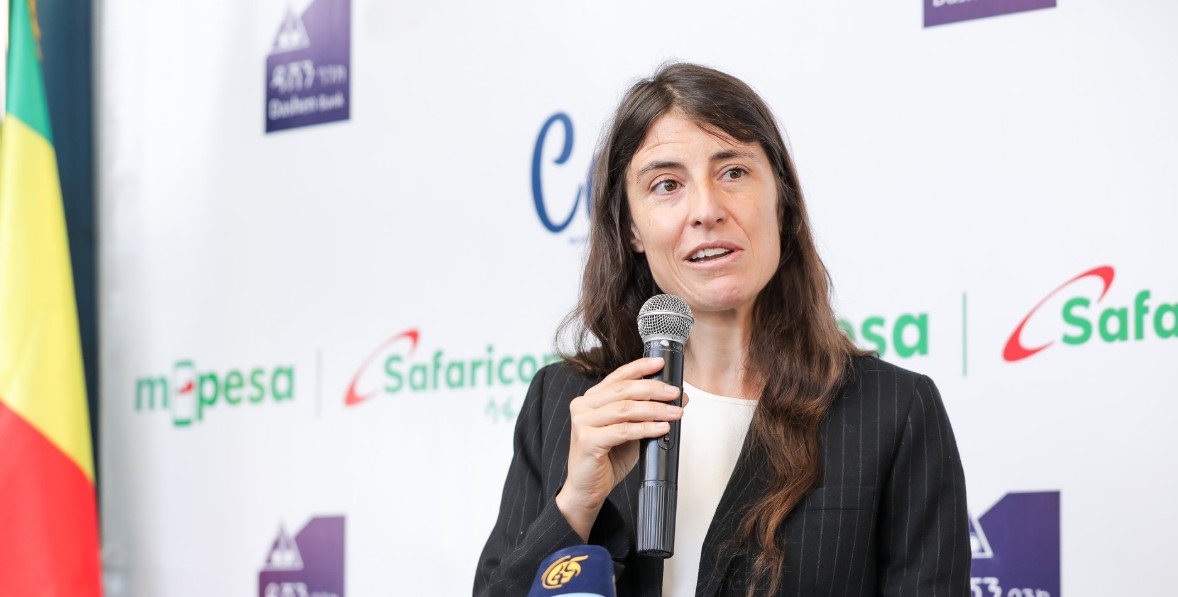Kenyans to pay tolls on major roads as government seeks to raise more infrastructure funding
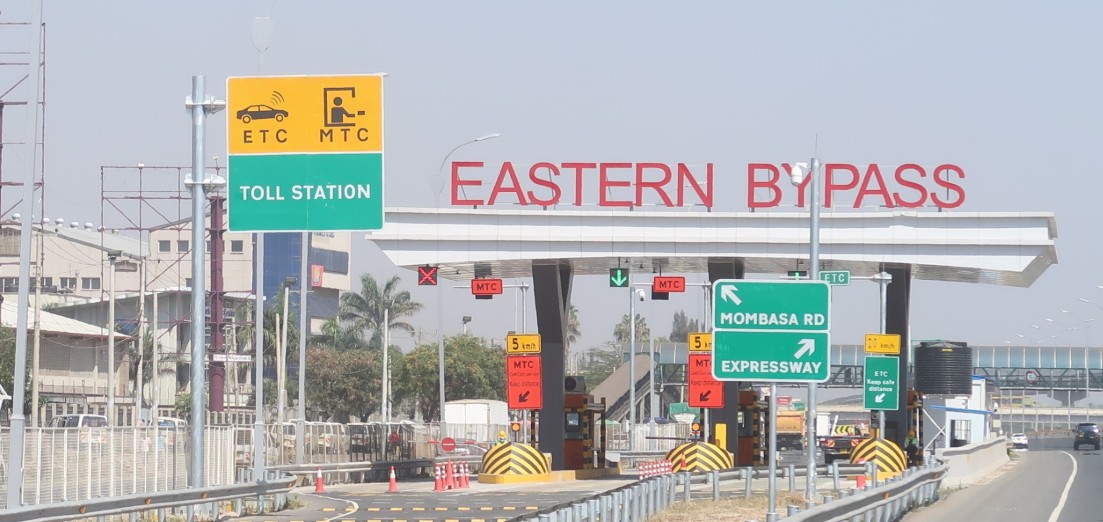
The Draft Tolling Policy suggests that roads with additional lanes, enhanced safety features, or facilities improving motorists' experience could also be tolled.
The government is moving forward with plans to introduce toll charges on major public roads as part of a broader strategy to address infrastructure budget shortfalls.
A new policy proposed by the Ministry of Transport states that tolls will be introduced on roads requiring user charges to remain financially viable.
More To Read
- KeNHA invites Kenyans to Friday’s launch of the Rironi–Mau Summit highway upgrade
- Major traffic disruption expected during Friday's Rironi-Nakuru-Mau Summit Highway launch
- KeNHA orders removal of illegal structures, unapproved billboards along highways
- Kenya secures Sh407 million grant to upgrade Mau Summit–Malaba Road
- Mombasa Road to temporarily close Sunday for World AIDS Day half-marathon
- MPs fault State officers over mismanaged road projects
This will apply to newly constructed roads, crossings involving other transport modes, and even existing roads that have been improved beyond their previous standard.
The Draft Tolling Policy suggests that roads with additional lanes, enhanced safety features, or facilities improving motorists' experience could also be tolled.
Unlike previous tolling models, there will be no toll-free alternative routes, meaning all users will be required to pay.
"Roads where tolls are collected will not be required to have dedicated toll-free alternative routes," the draft policy states.
However, the government says it will consider public acceptability and mitigate concerns by offering discounts and a phased introduction of toll charges.
The Kenya National Highways Authority (KeNHA) confirmed that tolling will be introduced on major highways including the Nairobi Southern Bypass, Nairobi-Nakuru-Mau Summit highway, and Thika Superhighway.
Other roads expected to attract tolls include the Kenol-Sagana-Marua Road and Mombasa's Dongo Kundu Bypass.
Fund critical road projects
The revenues collected will be used to fund critical road projects such as the dualling of the Rironi-Nakuru-Mau Summit route and the construction of the Nairobi-Mombasa Expressway.
"Toll operators will be entitled to impose a penalty fee on vehicles failing to pay tolls and may be required to support the road operator in levying fines on overloaded vehicles and other offences as defined in law," the policy states.
The tolling system will be implemented under public-private partnerships (PPPs), where private investors will finance, build, and maintain the roads in exchange for toll revenues.
The policy outlines that roads with at least 5,000 vehicles per day and a significant proportion of freight traffic will be prioritised for tolling.
Currently, the Nairobi Expressway is the only tolled road in the country. The 27-kilometre stretch linking the city to Jomo Kenyatta International Airport was built under a PPP agreement between the government and China Roads and Bridges Corporation, the same firm that constructed the standard gauge railway.
Other Topics To Read
The project has been praised as a successful self-financing infrastructure model.
"This policy aims to replicate these benefits of tolling as a solution to meeting the funding shortfall in road development," said Transport CS Davis Chirchir.
Top Stories Today
